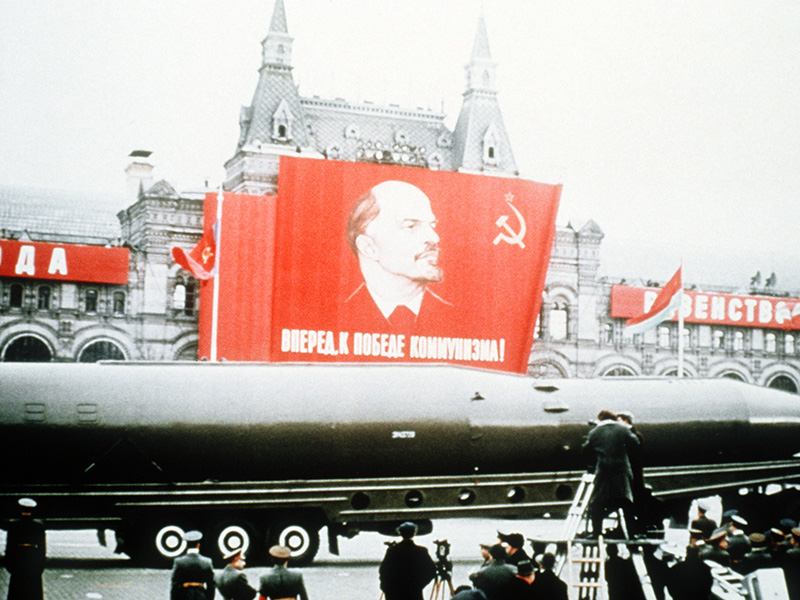In January 1981, on an assignment from Sharon Wolfe, who had organized undercover teams of people to go to Russia and teach about Judaism, I went to Moscow with my friend and assigned partner Ruth Goldsmith. Each group’s interest level or purpose was different. We managed to find locals carefully, as it was illegal to study Judaism. It was all very extraordinary and secretive.
While I was able to teach in various settings, I knew this was not the one outstanding accomplishment of my trip. Others could and did teach. But Sharon entrusted me with one exceptional assignment.
One small group of Jews living on the outskirts of Moscow were slowly finding their way towards the practice of Judaism. This was not an easy or casual thing to do in the Soviet Union at that time. It involved many hardships and risks for them and their families. They found that going to synagogue in Moscow enriched and bolstered their newfound identity.
As they studied more, they realized that travelling to the synagogue on Saturday would violate their newfound commitment to Shabbat. What were they to do? Without synagogue attendance, their Jewishness would be severely compromised. How could they continue to grow without it? How could they continue to grow as religious Jews by travelling on Shabbat? Remember, they could not move closer to the synagogue, as it was not allowed.
They sent out a cry for help to Sharon and others like her. This was the conundrum Sharon asked me to address.
Oy! What was I to do?
READ: WRITE A STORY; MAKE HISTORY
Simple. I asked my husband, Rabbi Howard Joseph, to find a solution before I left for Moscow and, of course, he did. He remembered that many of his congregants from Iraq had told him that their parents had used public transportation with rabbinic approval on Shabbat to go to synagogue. Given this memory, he searched and found reference to that in the writings of one of the great 19th century Baghdadi rabbis, the Ben Ish Hai.
Armed with this, I went to Moscow and made plans to meet with representatives of this growing group of newly minted religious Jews.
We met near the synagogue on Shabbat and talked outside for three hours, not quite able to trust all those inside (there were government spies everywhere). I was never so cold in my life!
I was bringing a form of Judaism from one distinct culture of the religion to another quite alien one. And who was I? Mistrust and fear reigned supreme. We made plans to meet after Shabbat and travel to the house of the group’s leader.
As we entered, he asked me if I could make Havdalah (the ritual that separates Shabbat from the weekdays). Although this seemed strange, I readily agreed. He stood at the doorway, removing himself from the proceedings, and all the women gathered round. Then I understood. This was to be a test.
I suppose I acquitted myself properly, for as soon as I finished, he entered and, smiling broadly, wished me a “shavuah tov” (good week). Now he wanted all the details of my husband’s research. How could it be that you could use public transit on Shabbat?

I explained that using a bus pass, a non-monetary document worn on a necklace and not for a single use, would not violate Shabbat. Then I explained that as public transport was for the general public, not just for Jews, that would not violate basic Shabbat laws. There were many other considerations that we discussed, during which I affirmed that this was available in their extreme circumstances.
In the end, he was satisfied.
In the end, one cultural tradition passed on to another.
In the end, one community helped another return to the practice of Judaism in extreme circumstances.
In the end, Jews helped Jews without even knowing each other.
In the end, we were able to fulfil the role Passover imposes on us: redemption of our neighbours and our world.
